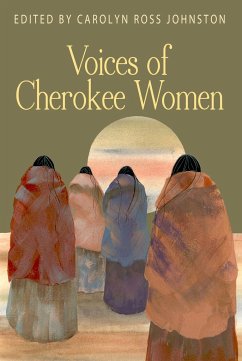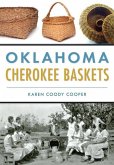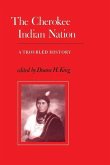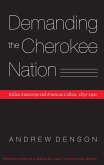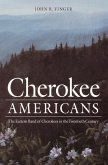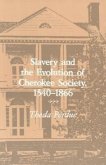"Voices of Cherokee Women" is a compelling collection of first-person accounts by Cherokee women. It includes letters, diaries, newspaper articles, oral histories, ancient myths, and accounts by travelers, traders, and missionaries who encountered the Cherokees from the 16th century to the present. Among the stories told by these "voices" are those of Rebecca Neugin being carried as a child on the Trail of Tears; Mary Stapler Ross seeing her beautiful Rose Cottage burned to the ground during the Civil War; Hannah Hicks watching as marauders steal her food and split open her feather beds, scattering the feathers in the wind; and girls at the Cherokee Female Seminary studying the same curriculum as women at Mount Holyoke.

